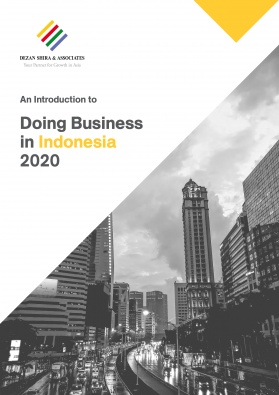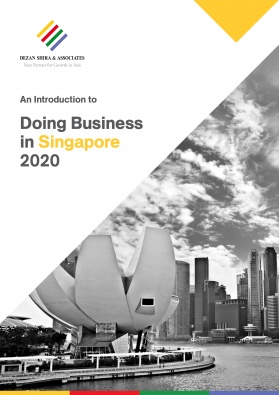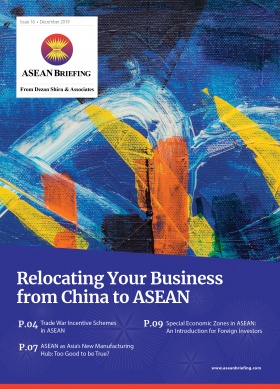Thailand Issues Third COVID-19 Stimulus Package
- The Thai government issued its third COVID-19 stimulus package on April 7, 2020, valued at 1.9 trillion baht (US$58 billion).
- The package provides soft loans to SMEs, cash handouts to workers, and ensures liquidity in the financial sector.
- Investors should seek the assistance of local advisors to better understand how these relief measures impact their business.
On April 7, 2020, the Thai government issued its third stimulus package worth 1.9 trillion baht (US$58 billion) to mitigate the economic impact caused by the COVID-19 outbreak.
This latest package, named Phase 3, is equivalent to 10 percent of GDP. 1 trillion baht (US$30 billion) was provided through bond issuance and 900 billion baht (US$27.8 billion) from the central bank, Bank of Thailand (BOT).
The country has already issued two stimulus packages (Phase 1 and Phase 2) to counter COVID-19. Phase 1 was issued on March 4, 2020 and was valued at 100 billion baht (US$3.2 billion), providing financial assistance to small and medium-sized (SMEs) businesses as well as tax relief, and cash handouts. Phase 2 was issued on March 24, 2020, and was valued at 117 billion baht (US$3.56 billion). The second phase focused on enhancing the incentives provided in Phase 1 and extending the filing of tax returns for businesses and employees.The third package targets three areas:
- Commercial banks, SMEs;
- Households, temporary workers, contract workers, and self-employed persons; and
- Financial services sector.
Investors should seek the assistance of local advisors to better understand how they can benefit from these relief measures.
Assistance to the business sector
The package provides 500 billion baht (US$15 billion) in funding for commercial banks to lend to SMEs. SMEs contribute to some 40 percent of GDP and employ 80 percent of the total workforce.
This soft loan for SMEs (with an existing credit line of under 500 million baht (US$15 million)) will be provided at an annual interest rate of two percent. For the first six months, however, the interest rate will be at zero percent, which will be absorbed by the government. There will also be a six-month grace period on debt moratorium for SMEs with credit lines not exceeding 100 million baht (US$3 million).
To be eligible, these SME loans should not fall under non-performing loans by the recipient companies as of December 31, 2019.
These measures are designed to mitigate the immediate liquidity problems of SMEs, so that they are still able to pay employee salaries.
1 trillion baht to help households
The government has allocated 1 trillion baht (US$30 billion) in financial aid for farmers and other individuals impacted by COVID-19. Furthermore, the funds will also go towards community infrastructure programs and job creation schemes.
From this total, 600 billion baht (US$18 billion) was allotted to ramp up financial aid to temporary workers, contract workers, and self-employed persons. This includes providing 5,000 baht (US$154) in monthly handouts for six months (it was only three months previously). The government says this will assist some nine million workers impacted by the pandemic.
According to the government, 20 million people have applied for the cash handout programs, but the government has warned that not all will be eligible to receive these monthly payments.
The remaining 400 billion (US$12 billion) will go towards rehabilitating the economy through projects that create jobs, build local infrastructure, and strengthen local communities.
Stabilizing the financial sector
The government has allocated 400 billion (US$12 billion) to establish a Corporate Bond Liquidity Stabilization Fund (BSF), a special lending scheme that allows the Bank of Thailand to buy corporate bonds through the BSF to ensure sufficient liquidity in the market.
About Us
ASEAN Briefing is produced by Dezan Shira & Associates. The firm assists foreign investors throughout Asia and maintains offices throughout ASEAN, including in Singapore, Hanoi, Ho Chi Minh City and Jakarta. Please contact us at asia@dezshira.com or visit our website at www.dezshira.com
- Previous Article Malaysia Provides More Funding for SMEs
- Next Article COVID-19 and the Effects on Supply Chains in Vietnam







